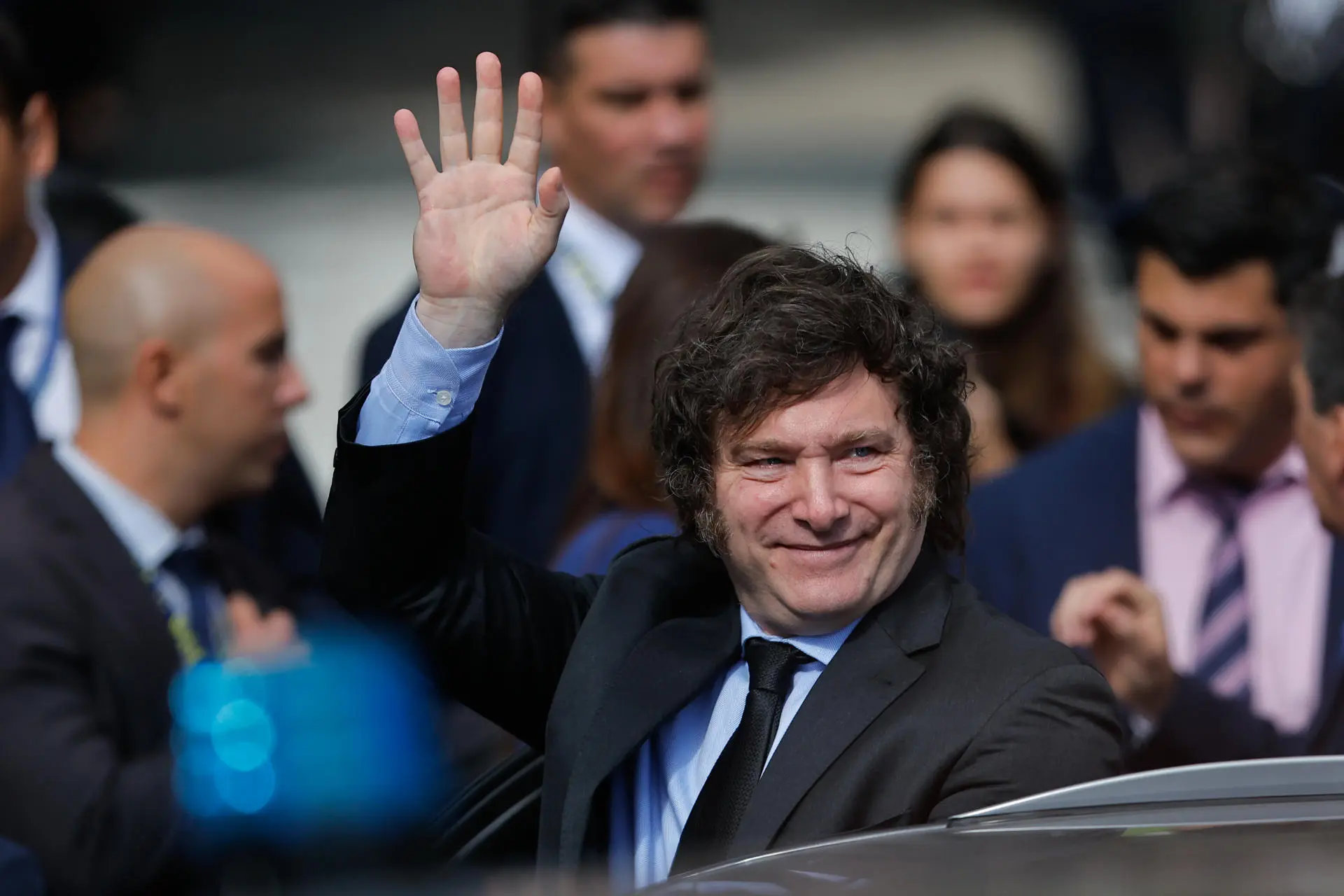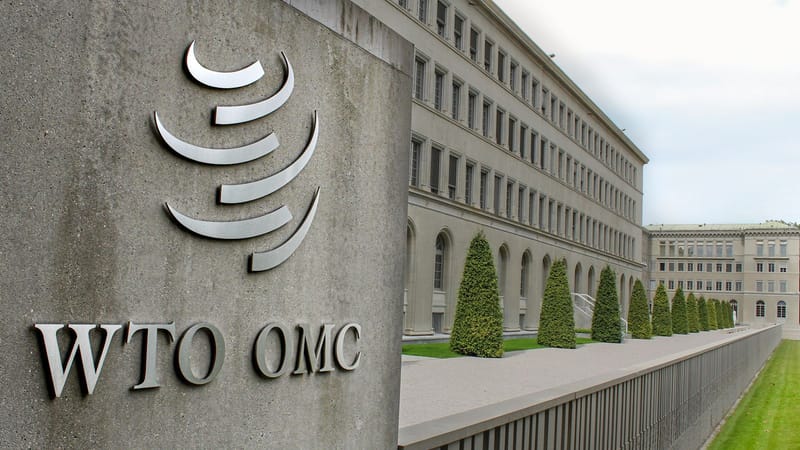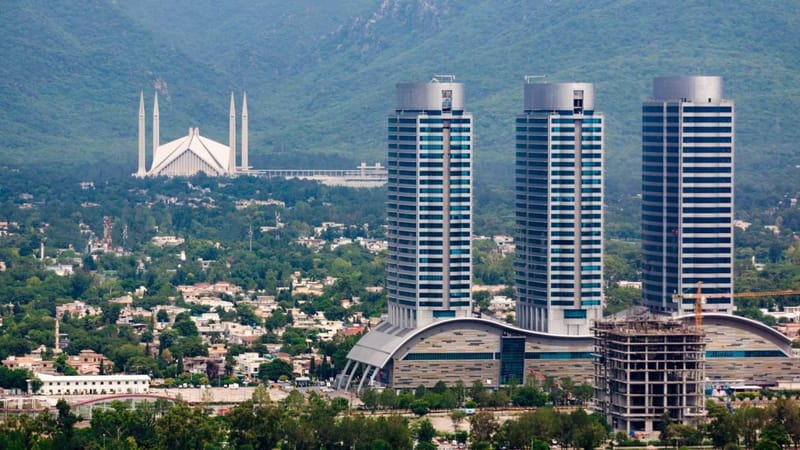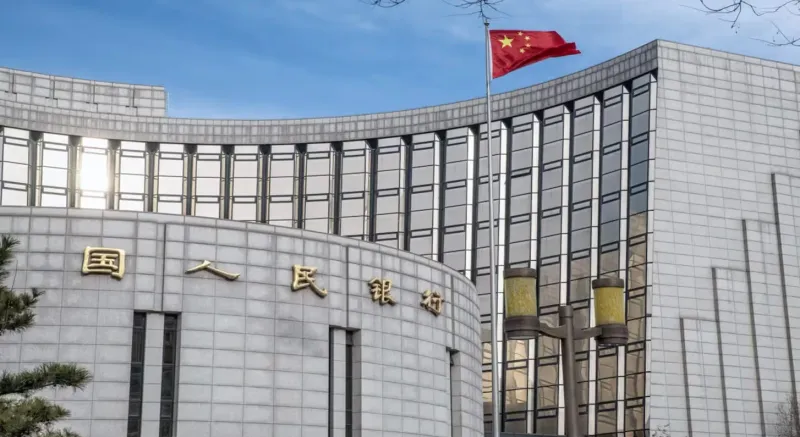The Radical Rise of Javier Milei: Argentina's Gamble with Austerity and Reform
Explore Argentina's bold experiment with Javier Milei's radical reforms, tackling economic crises with controversial austerity measures.
In December 2023, Argentina embarked on a significant political gamble by electing Javier Milei, a radical right-wing libertarian known for his unconventional style and bold economic ideas, to the presidency. Milei's rapid rise to power, with only two years of experience as a national congressman, was fueled by widespread disillusionment with the status quo. His promise to slash public spending and end Argentina’s cycle of economic crises struck a chord with a frustrated electorate, setting the stage for a new and controversial chapter in the country’s history.
A Country in Crisis
Argentina has been plagued by economic instability for decades, spending nearly a third of the last 70 years in recession. It has defaulted on its sovereign debt three times since 2001, and runaway inflation has severely devalued the peso. By the time Milei took office, inflation was at an alarming 260% annually, and nearly half of the country’s 46 million citizens were living in poverty. The situation was dire, with a sixth recession in a decade underway.
Yet, despite these challenges, Milei's popularity remained surprisingly strong. His radical approach to reform, though painful, resonated with many Argentines who were fed up with the economic mismanagement of previous administrations. He won the presidency with nearly 56% of the vote, reflecting a public desire for bold change.
The Austerity Agenda
Upon taking office, Milei moved quickly to implement his vision for economic recovery. His first major action was to eliminate government subsidies for public utilities such as electricity, gas, water, and public transportation. These subsidies had been a crucial support for many low- and middle-income Argentinians, who previously paid only a fraction of the actual cost. By early 2024, however, the cost burden on households had increased significantly, causing widespread financial strain.
Milei's austerity measures extended further, encompassing deep cuts to pensions, social security, public wages, education, and government ministries. His approach, symbolized by a campaign promise to "take a chainsaw to public spending," resulted in a dramatic 90% reduction in public works spending in the first three months of 2024 compared to the same period the previous year. This drastic reduction halted progress on numerous projects, including hospitals, schools, and infrastructure developments.
The economic impact of these cuts rippled across various sectors. The construction industry, in particular, suffered as government contracts were frozen, leading to layoffs and uncertainty for businesses dependent on public infrastructure projects.
Milei's Rock Star Appeal
Despite the hardships imposed by his policies, Milei's popularity largely held steady. Polls continued to show his approval rating above 50%, an impressive feat for a leader implementing such controversial measures. One reason for this enduring support is the widespread frustration with previous leaders, who are blamed for the country's economic decline. Milei's outspoken, anti-establishment style, characterized by fiery speeches and a willingness to confront Argentina's problems head-on, has won him a fervent following among those seeking change.
Milei's "rock star" persona and confrontational rhetoric have endeared him to voters who see in him a reflection of their own frustrations. However, his politics are not without controversy. A self-described libertarian, Milei has aligned himself with far-right figures globally, including former U.S. President Donald Trump, and has taken polarizing stances on issues like abortion and the free trade of human organs. These positions have both galvanized his base and drawn significant criticism, further polarizing Argentina's political landscape.
The Impact of Austerity
The immediate effects of Milei's austerity measures have been severe. Inflation initially spiked to 25% per month after his government scrapped price controls and devalued the currency. However, by mid-2024, inflation began to decline, reaching its lowest level in two years. This reduction provided a measure of psychological relief to Argentinians, who started seeing some stability return to their daily lives.
On the fiscal side, the government's efforts have resulted in Argentina spending less than it receives in tax revenue, a notable achievement for a country long accustomed to budget deficits. In January and February 2024, Argentina ran fiscal surpluses for the first time in many years, reflecting the initial success of Milei's stabilization program. Inflation, while still high, began to decrease, and country risk fell significantly, indicating growing confidence among investors.
However, critics argue that these fiscal gains may be short-lived, resulting from one-time cost-cutting measures rather than sustainable reforms. The economy contracted in the first quarter of 2024, with declines in consumer spending and manufacturing output. Tens of thousands of jobs were lost, and wages failed to keep pace with rising prices, disproportionately affecting informal workers who make up nearly half of the workforce.
Furthermore, despite improvements, Argentina's country risk remains one of the highest in the region, highlighting ongoing concerns about the sustainability of Milei's economic policies.
Looking Ahead
The true test of Milei's presidency will come in 2025, during the midterm elections. These elections will effectively serve as a referendum on his leadership and the impact of his reforms. If Milei can maintain his popularity and strengthen his political base in Congress, it will suggest that Argentinians are willing to endure short-term pain for the prospect of long-term gain. However, a loss of support could spell trouble for his administration and Argentina's future.
For now, Milei remains a polarizing figure, celebrated by some as a reformist savior and condemned by others as a reckless radical. As Argentina navigates this period of radical change, the world watches closely to see if this high-stakes gamble will pay off or plunge the country into deeper turmoil.
Sources: IMF, Bloomberg, World Bank, CFR, Ministry of Economy, Argentina







